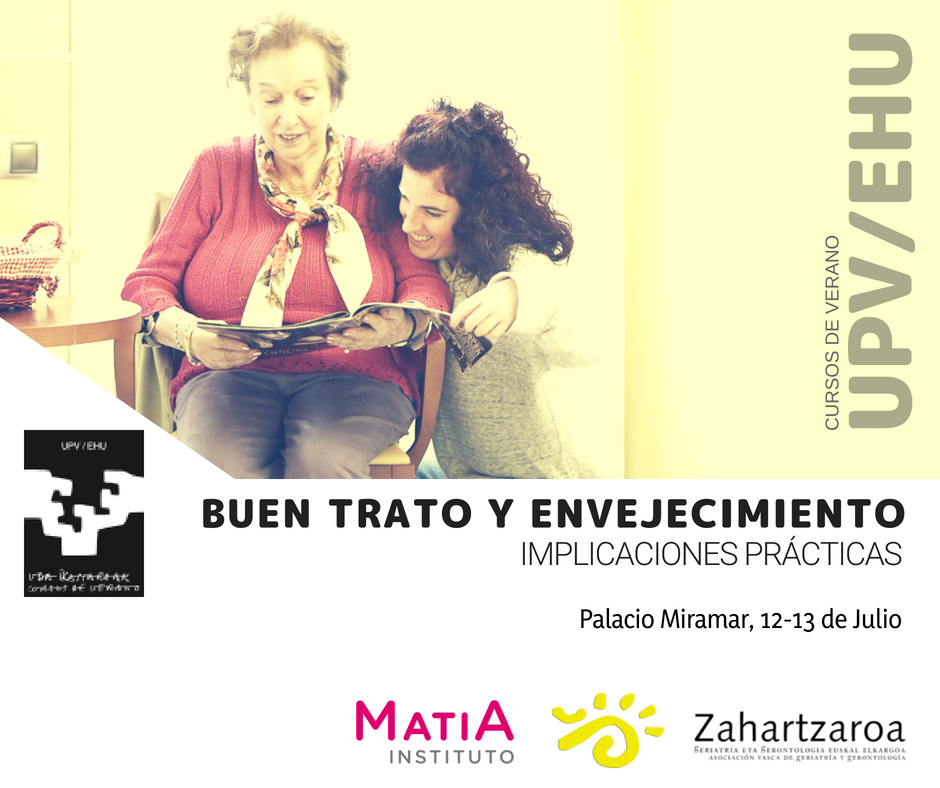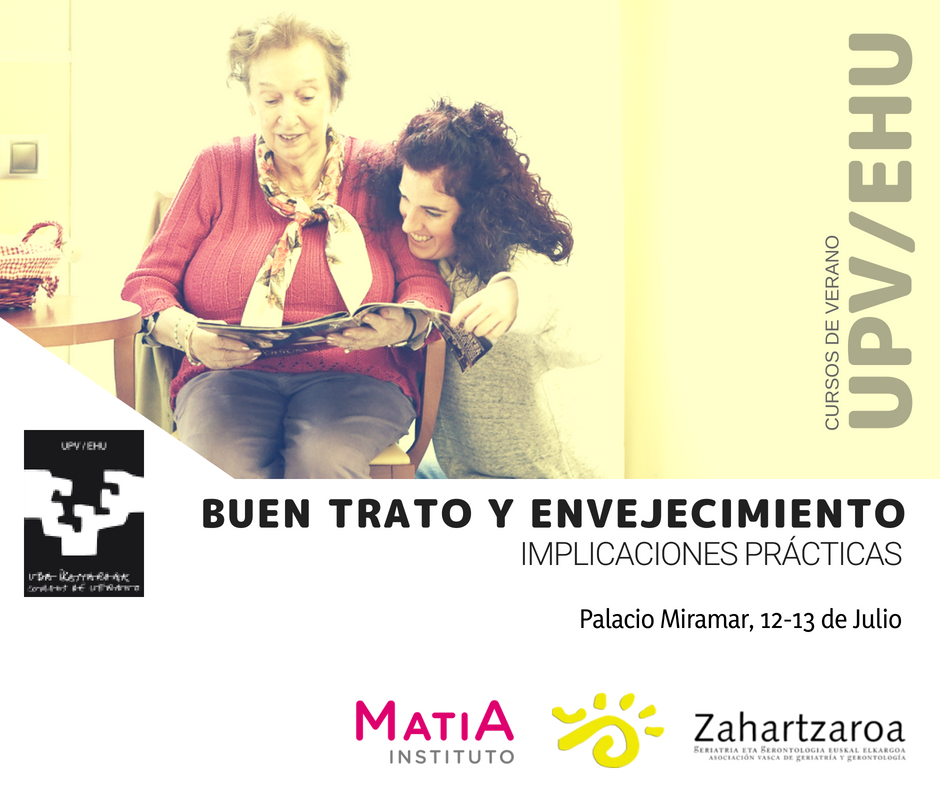Well-treating and ageing. Practical implications
Despite the great heterogeneity that characterises ageing people, the available data show that the social image of ageing is generally associated with deterioration and dependence. As a result, the protection of the rights of older people is gradually becoming a core issue in most planning aimed at improving the daily lives of citizens.
It is often associated with guarantees of economic protection, access to social, health or cultural resources, respect for choice or privacy, but less often with dealing with situations related to treatment, which can seriously violate the rights of these people. In any case, the work of the institutions will be insufficient as long as the culture of good treatment does not become generalised as a matter of urgency. This must be based on an ethical framework presided over by the defence of people's dignity and the promotion of their autonomy and decision-making capacity. Good treatment presupposes professionalism, but it imposes sanity, respect for people's preferences and autonomy, the obligation to listen, to understand that behind every elderly person there is a life with a long history that deserves to be taken into account. In this sense, we need to abandon the unnecessary paternalism that so often governs the relationships we establish with the elderly and understand that at any age we take risks. Why is it that in old age everything is decided for the sake of a "security" that is not always requested? Let us put ourselves in their shoes and we will avoid many situations that we would not want for ourselves. This principle is a good primary formula for prevention, but not the only one.
This complex issue, hidden for decades, is definitely taking centre stage in recent years, encouraged by international bodies, organisations of older people, health and social services professionals and those responsible for social policies in different countries.
This course is an opportunity to debate good treatment and ageing from the multidisciplinary perspective that corresponds to it, paying special attention to the presentation of initiatives that favour the development of a culture in line with the rights and capacities of ageing people.

Objectives
- To analyse the implications of stereotypes on the treatment of older people.
- To raise awareness of initiatives to promote good treatment in professional practices.
- To present the ethical framework of the rights of older people.
- To discuss the opportunities offered by person-centred models of care for the good treatment of older people with support needs.
Profesionalak
Beste profesional batzuk
- Gabriela Mondragón


